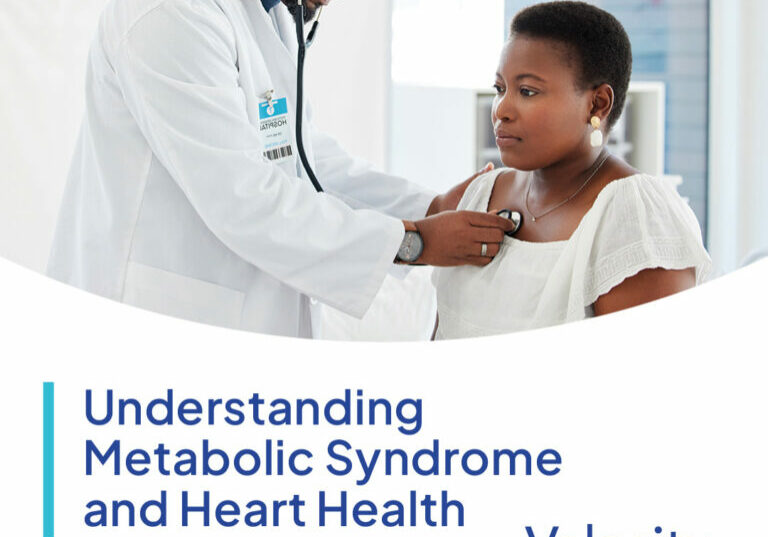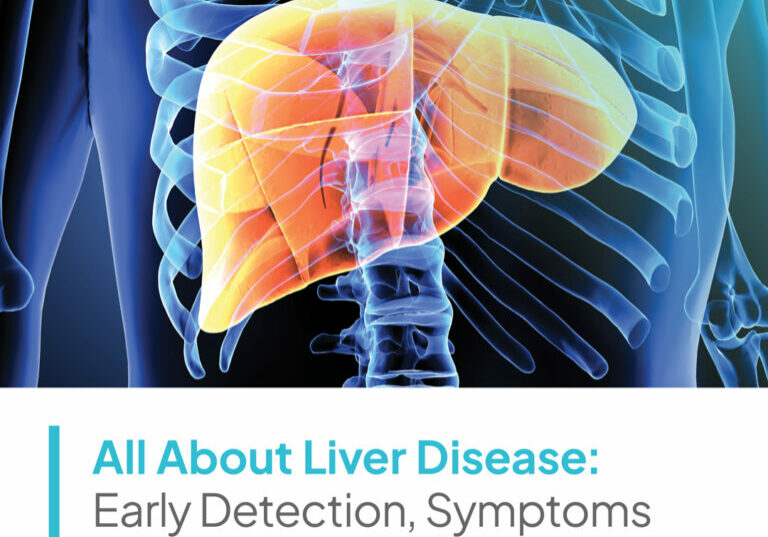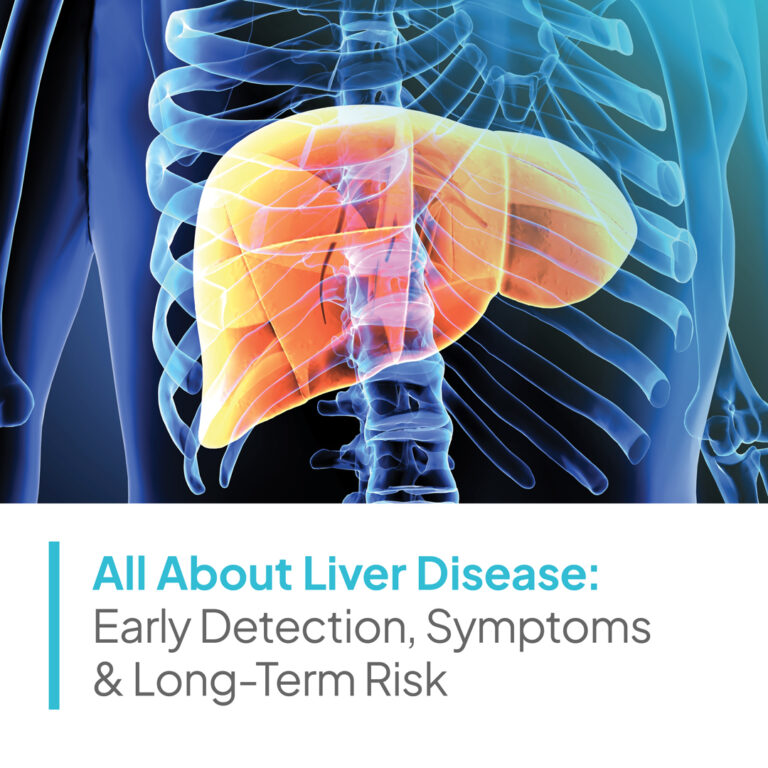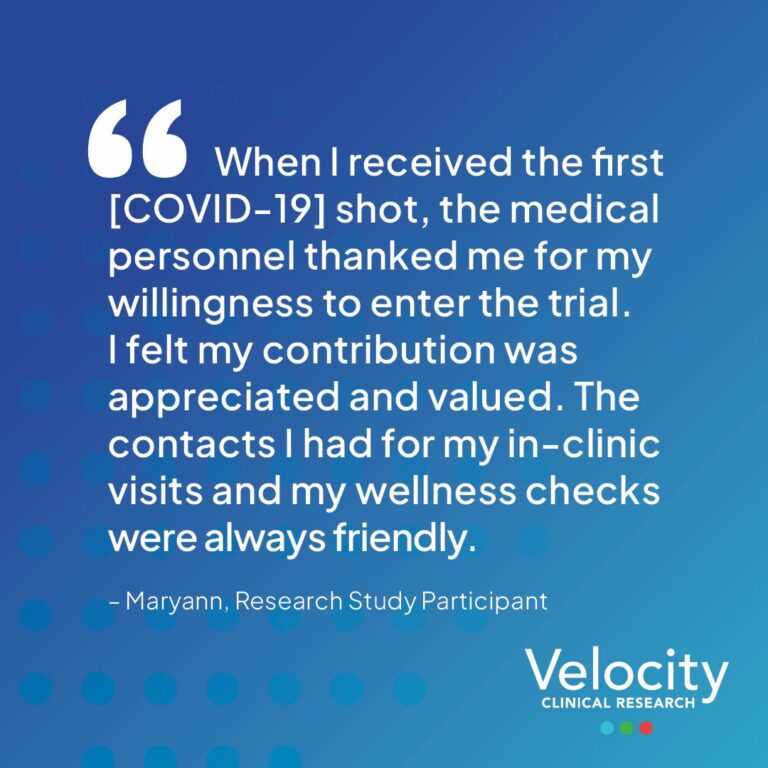Velocity’s Dermatology research site in Baton Rouge partners with The Dermatology Clinic & Cosmetic Center to conduct clinical trials related to skin conditions such as acne, atopic dermatitis, rosacea, and more. The Dermatology Clinic offers a wide range of treatment options to address many types of skin (dermal) issues. Offering general, surgical, pediatric, and cosmetic dermatology in-house, the clinic began conducting clinical trials with Meridian Clinical Research in 2017 before being acquired by Velocity in 2022.
Located near several other medical offices and minutes from a local hospital, the site is easily accessible to thousands of patients, including those established with the practice and diverse populations. All trials conducted at the site are performed in accordance with ICH and FDA guidelines, and in compliance with GCP. The Baton Rouge team is committed to being a resource for study participants, to providing the highest quality of patient care with compassion and kindness, and to advancing medicine through research.





















